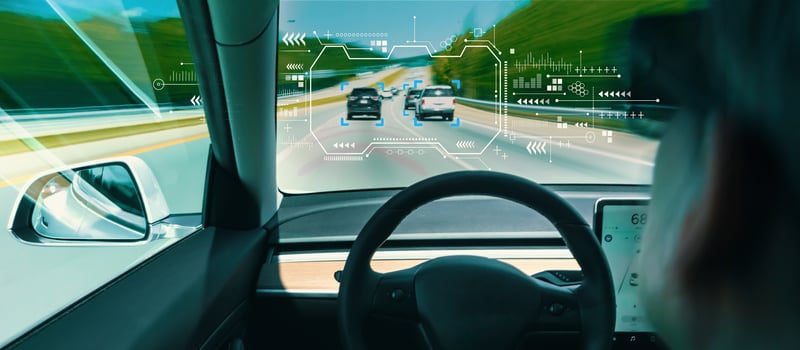TRENTON, NJ – A new bill introduced in the New Jersey Assembly aims to establish a statewide pilot program allowing the testing and limited operation of fully autonomous vehicles on public roads.
Assembly Bill A5919, sponsored by Assemblymen Robert Karabinchak and Clinton Calabrese, would authorize a five-year program under the New Jersey Motor Vehicle Commission and Department of Transportation to oversee and regulate autonomous vehicle testing.
The measure sets strict safety, insurance, and data requirements for companies participating in the program.
Key Points
- Assembly Bill A5919 would create a five-year pilot program to test fully autonomous vehicles across New Jersey.
- Companies must carry at least $5 million in liability coverage and meet federal and state safety standards.
- The program includes oversight by a five-member task force and mandates prompt reporting of any collisions.
State seeks to position itself as a testing ground for driverless technology
Under the proposal, the Motor Vehicle Commission, working with the Department of Transportation, would authorize autonomous vehicle manufacturers, universities, and technology providers to test self-driving vehicles in controlled facilities and on public roads.
The bill defines a “fully autonomous vehicle” as one capable of operating without human intervention at levels four or five of automation, as classified by SAE International.
To participate, companies must apply for approval, register each vehicle, and demonstrate compliance with vehicle safety, cybersecurity, and operational standards.
Oversight and safety requirements
The pilot would be monitored by a five-member task force made up of transportation experts, industry representatives, public safety officials, insurance professionals, and consumer advocates. The task force would issue quarterly reports, solicit public feedback, and help develop protocols for accidents, cybersecurity threats, and emergency response procedures.
Vehicles in the program would be required to have redundant safety systems, crash-avoidance features, and the ability for human operators or first responders to override automated controls. Each vehicle must also record and retain data from 30 seconds before a collision and encrypt all data to prevent tampering or hacking.
Strict operator and insurance standards
Operators must hold valid driver’s licenses, remain sober, and stay seated in the driver’s seat while monitoring the vehicle’s operation. Companies must provide proof of at least $5 million in liability coverage or a comparable bond.
The bill also allows the Motor Vehicle Commission to immediately suspend a company or operator if their participation poses a public safety risk.
Preparing infrastructure for autonomous vehicles
The Department of Transportation would be tasked with developing both closed and open-road testing environments and coordinating with local governments to deploy “smart” infrastructure — including sensor-equipped roads and real-time traffic systems — to support autonomous operations.
The measure also outlines specific rules for driverless taxis and commercial trucks, permitting limited operation on designated highways and authorizing “platooning,” where multiple trucks travel in coordination using synchronized braking and acceleration systems.
Next steps for the legislation
If approved, the pilot program would begin immediately and run for five years. The Motor Vehicle Commission would then have six months to deliver a full report to the Governor and Legislature with recommendations for safely integrating autonomous vehicles into statewide traffic systems.
